Join the People, Place & Health Collective and the COBRE on Opioids and Overdose for our inaugural series on racial equity and methods. Over the course of four talks from leading experts, attendees will learn about rigorous methods for evaluating and addressing racial equity with respect to the nation’s overdose crisis.

JAN 9th @ NOON: Approaching Health-Related Research in Native American Communities
Native Americans have been greatly affected by the opioid epidemic, facing high rates of opioid use, overdose, and mortality. This talk will explore how culture and context influence health in Native American communities and highlight how Native Americans engage in the research process to improve community health and reduce substance use disparities.
About the speaker:
Dr. Gaines is a trained biostatistician whose work specializes in modeling the interactions between social conditions, geographic location, and individual characteristics using advanced spatial and statistical analyses from various study designs (cross-sectional, retrospective, and longitudinal). Her current research utilizes geographic information system (GIS) technologies to visualize and analyze the physical features of residential environments as it relates to unsafe sexual and drug using behaviors.

FEB 13th @ NOON: Resources for Centering Racial Equity in Data
Erik Wills, MPH, Human Research Specialist at the People, Place & Health Collective, will share valuable tools and best practices for integrating racial equity into research. This presentation will provide an overview of the resource library that is available to the COBRE community. The library offers articles, toolkits, and webinars that address key topics such as: the data life cycle, best practices, evaluation, visualization, and result dissemination—all through a racial equity lens. These resources are designed to support researchers at every stage of their work, from design to dissemination.
About the speaker:
Erik Wills is a Human Research Specialist at the PPHC in the Department of Epidemiology at Brown University. He received his Masters in Public Health in 2019 from the University of Massachusetts Amherst. In his role at PPHC he assists in the development and tracking of Institutional Review Board (IRB) submissions, in addition to serving as a liaison between study investigators, sponsors, and the IRB office.

APRIL 17th @ 12 PM: Subpopulation Analyses for the Study of Overdose Disparities
Analyses of overdose racial disparities often highlight important differences in outcomes between broad racial/ethnic groups (e.g., White, Black, Latine/x, Asian). But what additional disparities are observed when examining more detailed subgroups (e.g., Puerto Rican) or the intersection of race/ethnicity with other dimensions of identity, such as place of birth, place of residence, gender, age, or educational attainment level? We will discuss examples, challenges, and data opportunities and limitations related to examining overdose mortality disparities in detailed subgroups.
About the speaker:
Manuel Cano is an Assistant Professor in the School of Social Work at Arizona State University (ASU). Cano studies trends and disparities in drug overdose mortality. He worked as a bilingual clinician for over eight years with adults experiencing drug-related problems. At ASU, he currently teaches courses related to ethics in social work practice.
Past events:

OCT 28th: Community-based Participatory Research in Addiction Science: Engaging a Community Advisory Board with Lived Experience
Community-based Participatory Research in Addiction Science: Engaging a Community Advisory Board with Lived Experience
Research teams increasingly include community/patient advisory boards to ensure methods and findings are more responsive to communities, but there is limited guidance for this approach among people marginalized due to drug use and other intersecting stigmatized characteristics. This presentation will address best practices and lessons learned for engaging a community advisory board with lived experience across the research process based on a set of studies aimed at reducing racial inequities in overdose.
About the speaker:
Dr. Devin Banks is a licensed clinical psychologist and Assistant Professor in the Department of Psychiatry at Washington University in St. Louis. Dr. Banks’ research focuses on improving racial equity in the research and treatment of substance use and behavioral health, particularly among Black Americans. She examines the impact of racism on the development and course of substance use at multiple levels, aiming to redress inequitable social determinants of addiction-related outcomes. Her work uses mixed quantitative and qualitative methods, often integrating digital- and community-engaged methods into research designs.
